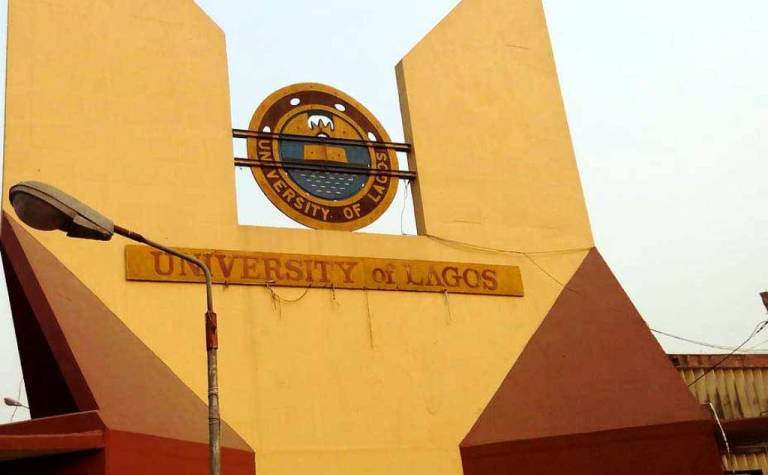Sanitation in Nigeria continues to decline,even as 70 million persons still lack potable water despite efforts by governments and partners to improve access.
Amidst the challenges, reprieve has come to a community in Anambra State, which practised open defecation.
The Multiple Indicator Cluster Survey (MICS 5), revealed that access to basic sanitation has steadily reduced in Nigeria between 2000 and 2015. This is also as open defecation has worsened between 2010 and 2015.
Sanitation in the country is quite alarming, the survey adds, as over 110 million people lack access to improved sanitation in 2013 while about 46 million people still practice open defecation.
About 70 million Nigerians still lack access to potable water supply, the survey said.
With this continuous decline in Water, Sanitation and Hygiene (WASH), Nigeria may likely not meet the 2030 Sustainable Development Goal 6 (SDG) on WASH.
The SDG goal 6 states that countries must achieve universal and equitable access to potable water for all, achieve access to adequate sanitation and hygiene for all and end open defecation.
Open defecation and poor hygiene have been linked to increased diarrhoea cases, which in turn affects the nutritional status of children. Every year, an estimated 124,000 children under the age of 5 die because of diarrhoea.
Speaking during a media dialogue on WASH in Anambra State, last month, a specialist with the United Nations Children’s Fund (UNICEF), Mainga Banda, said about 130 million Nigerians use unimproved sanitation facilities, with majority of them living in rural areas.
Mrs Banda, while quoting the MICS5 published in 2017, said that over 46 million people still practice open defecation, which ranks Nigeria 3rd among countries in the world with such people.
She said, “Despite all effort, sanitation is declining instead of improving and this calls for concern. The trend in water availability between year 2000 and 2015 revealed that the gradient is going up instead of declining, same with sanitation especially in the rural area.
“WASH plays a critical role in improving health, nutrition and hygiene in Nigeria. So it is a necessity for Nigeria to curb issues of water borne and sanitation related diseases to meet its SDG 6 by 2030,” she said.
Mrs Banda also noted that most people in rural areas still lack latrines, basic hand washing tools, among others, ”which if not provided will keep worsening sanitation in the country”.
Anambra Communal Reprieve
Meanwhile, the European Union assisted Water Supply and Sanitation Sector Reform Project (WSSSRP) has continued to build strong institutions and systems for effective and sustainable water services delivery.
Six states which include Anambra, Cross River, Jigawa, Kano, Osun and Yobe states are benefiting from the initiative.
A visit to Ononaku Ezinifite, a community in Aguata LGA, Anambra State with over 2,000 residents, reveals the benefit of the project to the people, especially those in the rural communities.
The secretary, WASHCOM unit in the community, Ike Christian, said the project has relieved them (residents) of a lot of stress.
He noted that before the introduction and completion of the project, children used to go to a distance to fetch water for home use and ”people made use of the nearby bushes to defecate.”
Mr Ike said since the provision of the facilities, there has not been reported cases of any water-borne disease in the community. He added that people now take care of their environment ”because of the orientation they are getting from WASHCOM officials in the community”.
He also said the officials are making efforts to ensure that the facility is secured.
A resident of the community, Nathan Ofoma, said since the completion of the project, people no longer defecate openly.
He laments that before now, residents rely majorly on rain water ”as there is no single river in the community”.
The Programme Manager, Rural Water Supply and Sanitation Agency (RUWASSA), Ministry of Public Utilities and Water Resources, Anambra State, Ezekwo Victor said the state government was committed to WASH. He also said they have ”completed 33 water supply schemes, the compilation of phase 11 rehabilitation works for non functional boreholes, among others.”
He noted that the state has also rehabilitated 116 non-functional boreholes across the state.
The project was co-funded by EU and the Anambra State government with 70 per cent EU/UNICEF support and 30 per cent from the state government. It was a public procurement concept awarded to the lowest bidder.



2 Comments